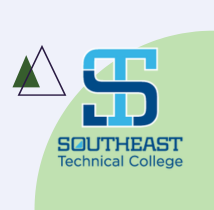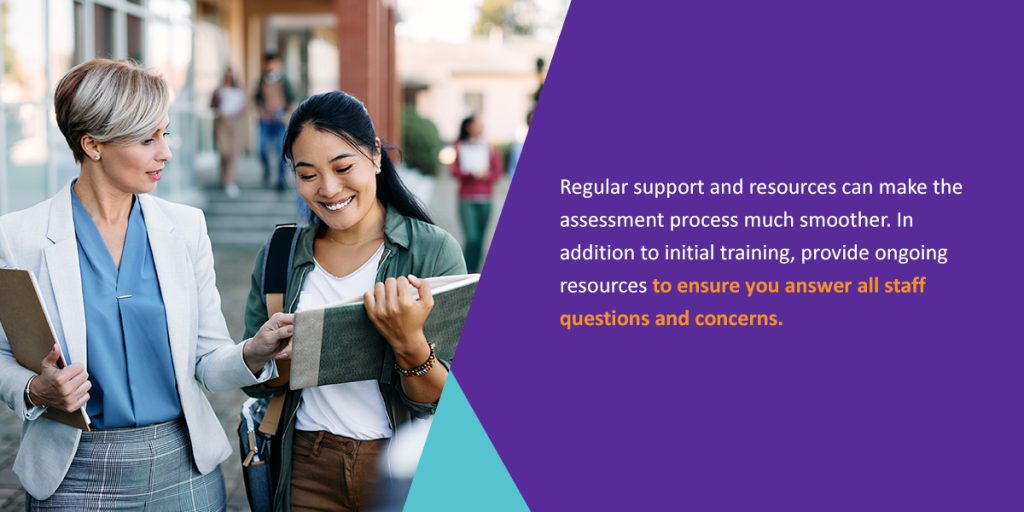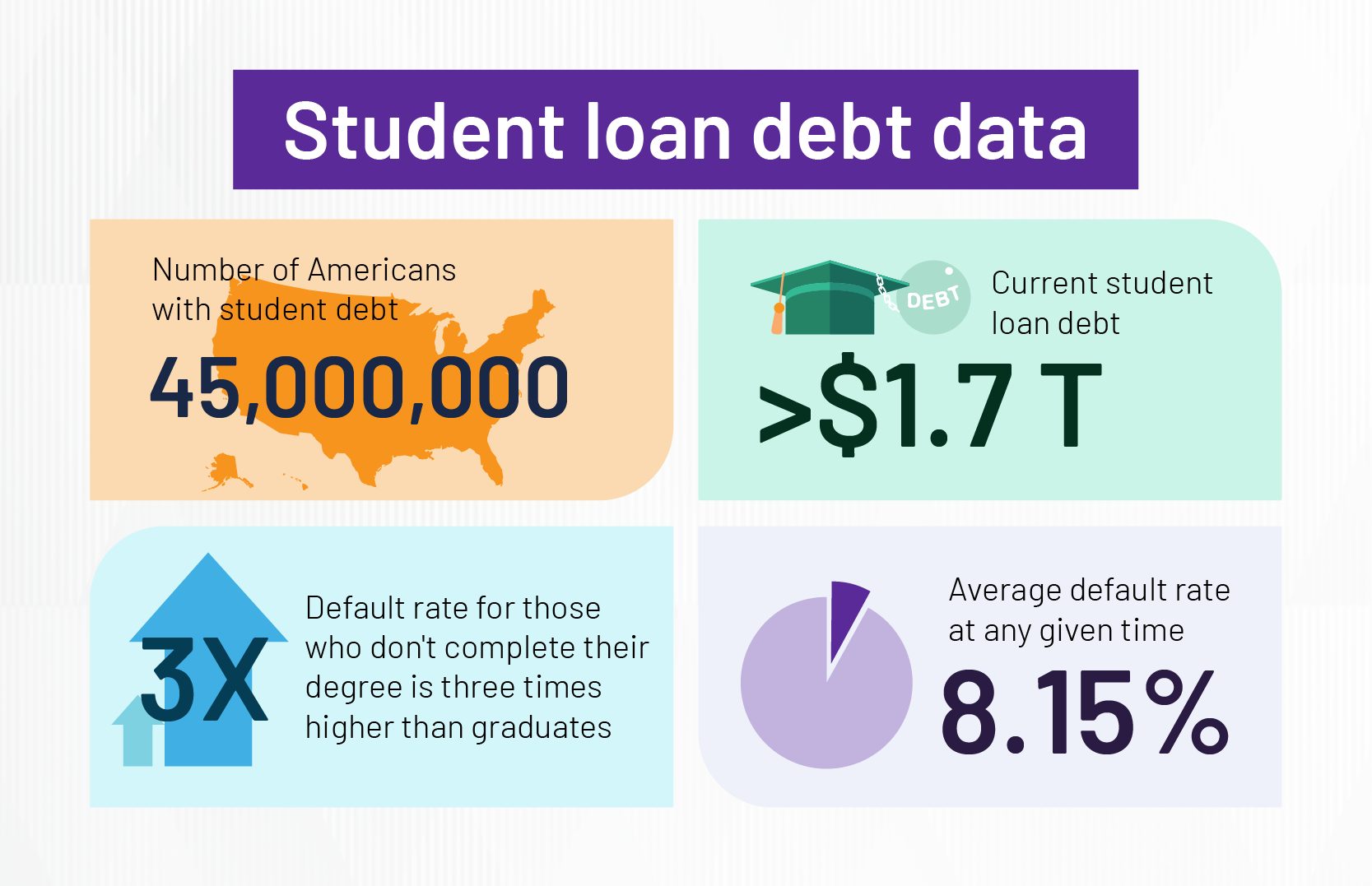



It’s common to experience pushback or reluctance when introducing new assessment software or asking faculty to write assessment plans. The assessment process is complex, containing many components — accreditation, assessment plans, program improvement, budget, outcomes, state funding, and many other factors.

The right engagement strategies make it easier for faculty to become acquainted with new assessment techniques. These five techniques can help you improve the faculty assessment and professor evaluation process:
A great way to get your faculty on board with new assessment approaches is by encouraging those already engaged with them. You likely have one or more faculty members that use assessments in their classes or other areas. They can help you increase awareness and enthusiasm for assessment processes.
You can ask converts to share success stories and provide reports of student improvement. Create opportunities where faculty can share information and present results in a collaborative environment. Group meetings and presentations let team members explain their findings. For instance, someone could display results that compare test scores from different grade levels. These provide valuable insights into learning patterns throughout your institution, inspiring others to use them, too.
Another strong idea is to let these faculty members run training sessions for new software. Faculty might feel less daunted by new programming if their peers present how to use it. Faculty and staff can support each other through the transition, making the changes easier.

Regular support and resources can make the assessment process much smoother. In addition to initial training, provide ongoing resources to ensure you answer all staff questions and concerns. The more resources they have, the better they can acquaint themselves with the new procedures. Increased comfort can reduce resistance to the changes.
For instance, faculty members could face challenges when drafting assessment plans. Administrators can work with them directly to write the plans, providing helpful tips and resources throughout the session. In-person assistance helps people understand concepts more quickly. By trying the concepts themselves, they remember them for future use.
Encourage a supportive and collaborative environment for assessment processes and faculty evaluation. These efforts show faculty a unified approach that everyone works through together.
You can also boost engagement by presenting how assessments impact professional development. Sharing assessment results and showing how they help with data collection gives faculty direct insights into assessment purposes. They can understand the importance of assessments and how they benefit students, programs, enrollment numbers, and the entire institution.
Faculty have many responsibilities — writing the curriculum, grading papers, participating in meetings, conducting research, and teaching classes are just a few of their weekly tasks. A common reason for assessment resistance is lack of time, where faculty believe they cannot manage the additional workload. To emphasize the importance of professor assessment, encourage faculty to decrease other workloads to allow for more assessment time. Emphasize that assessment is an essential standard of learning, and advise them to prioritize it whenever possible.
This option may not be for everyone depending on your budget, but monetary boosts are an excellent way to incentivize faculty to participate in assessments.
Enhance faculty assessments with Watermark
When others agree with the value of assessments, you become more likely to get the results for a higher quality of teaching, improvement of your institution’s standards, and continuous improvement. The right strategies can ease faculty into new assessment requirements or software programs. Increased engagement makes the assessment process easier for students, faculty, administrators, and other parties.
Watermark can help your campus build simpler, measurable, and more engaging assessment practices to fuel transformative change. Engage faculty in assessment more effectively and maximize the impact of their involvement.
To learn more, request a demo from Watermark today.




























































































































































































































































































































































































































Submit this form to schedule a meeting with one of our reps to learn more about our solutions. If you need customer support instead, click here.